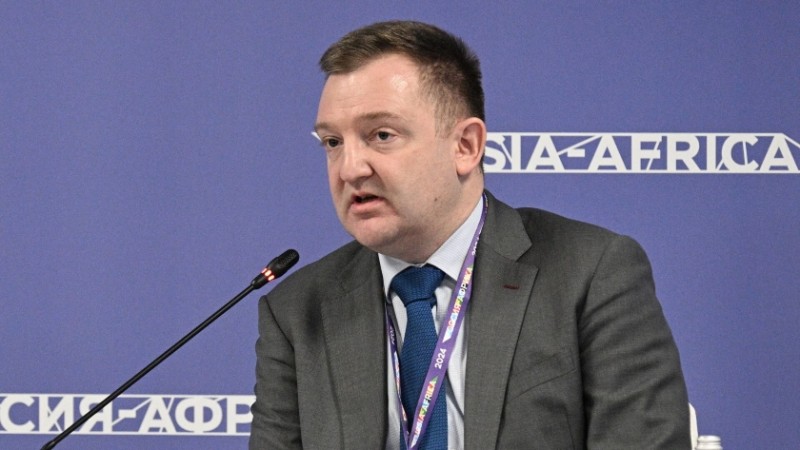
Russia has unveiled a significant expansion of its higher education and scientific collaboration with Africa, including an increase in scholarships for African students and the launch of new academic partnerships. These initiatives are part of the Russia-Africa Higher Education and Scientific Research Action Plan (2023-2026), which seeks to foster academic exchanges, strengthen institutional partnerships, and promote multilingual and cultural integration.
The announcement was made at the First Ministerial Conference of the Russia-Africa Partnership Forum, held earlier this month at Sirius University in Sochi, Russia. The event gathered leaders and policymakers to assess progress under the forum’s action plan, which prioritizes collaboration in education, research, and innovation between Russia and African nations.
As part of the initiative, Russia will increase the number of state-funded placements for African students in its universities, with allocations rising from 4,746 in the 2024-2025 academic year to 4,816 in 2025-2026. Over the past year, the number of African students studying in Russia has grown to 40,000, up from 35,000 the previous year—a threefold increase over the past 13 years.
Kirill Bogomolov, Deputy Head of Rossotrudnichestvo, Russia’s agency for humanitarian cooperation, highlighted that nations such as Egypt, Algeria, Angola, Nigeria, and Zimbabwe are among the largest beneficiaries of these scholarships. He emphasized the importance of African graduates applying their knowledge to the development of institutions in their home countries.
The action plan also includes establishing Russian education centres across Africa, partnerships with African universities, and specialized programs tailored to African students. Russian language learning centres, now present in more than half of Africa’s countries, offer courses in both online and offline formats, further strengthening linguistic and cultural ties.
Key academic collaborations, such as the Russian-African Network University and the International Consortium of Technical Universities, were celebrated during the conference. These consortia promote research, technical education, and innovation while enhancing South-South cooperation in addressing shared challenges.
In alignment with the African Union’s Year of Education 2024, Russia is prioritizing technical and scientific training, teacher development, and professional education. It is also driving innovation-focused initiatives aimed at tackling Africa’s unique development challenges, particularly in technology and capacity building.
Beyond education, the Russia-Africa partnership envisions a comprehensive collaboration spanning science, culture, and economics. This integrated approach underscores Russia’s commitment to supporting Africa’s development through knowledge sharing, capacity building, and sustainable partnerships.
As African nations increasingly seek diversified international collaborations to improve education access and quality, Russia’s initiative positions it as a key partner in Africa’s educational and developmental aspirations. By incorporating African languages and cultural elements into its programs, Russia reinforces its dedication to a mutually beneficial relationship with the continent.
Article by Nyokabi Opatia
Photo/Google

Comment